Programs and Classes
Developing self awareness and broader community awareness.
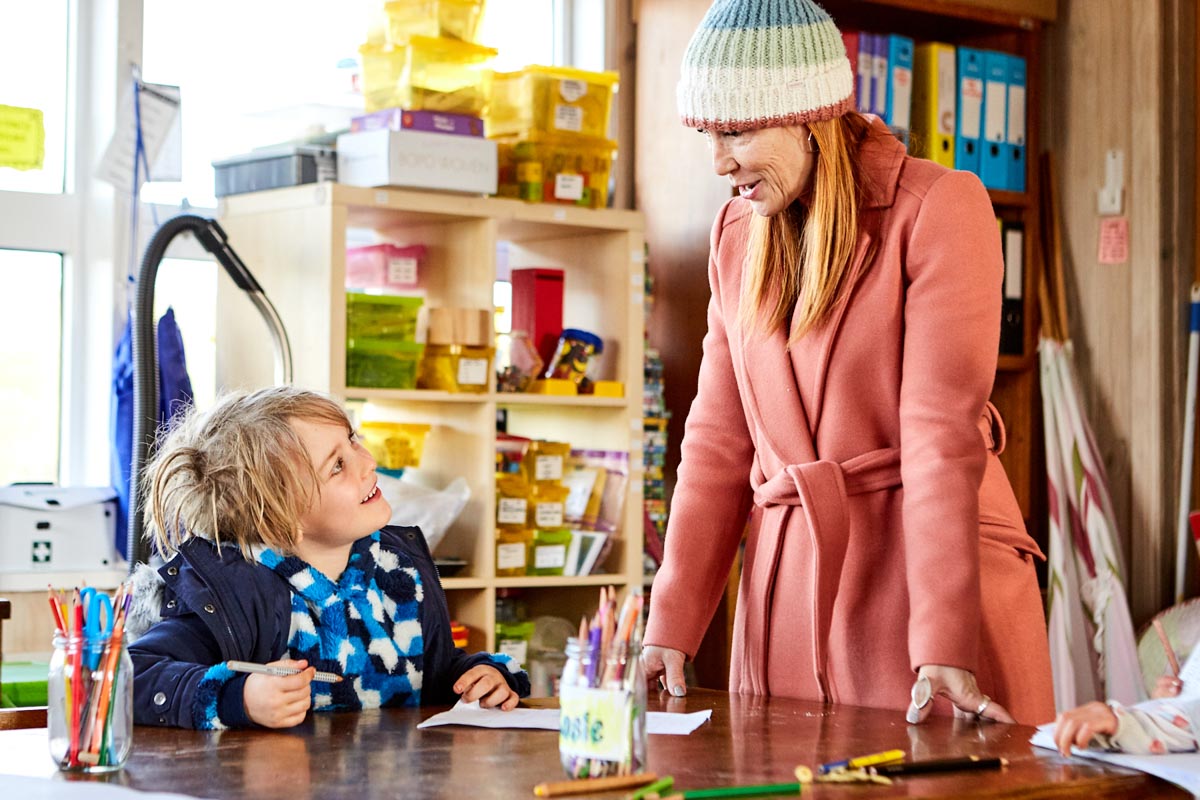
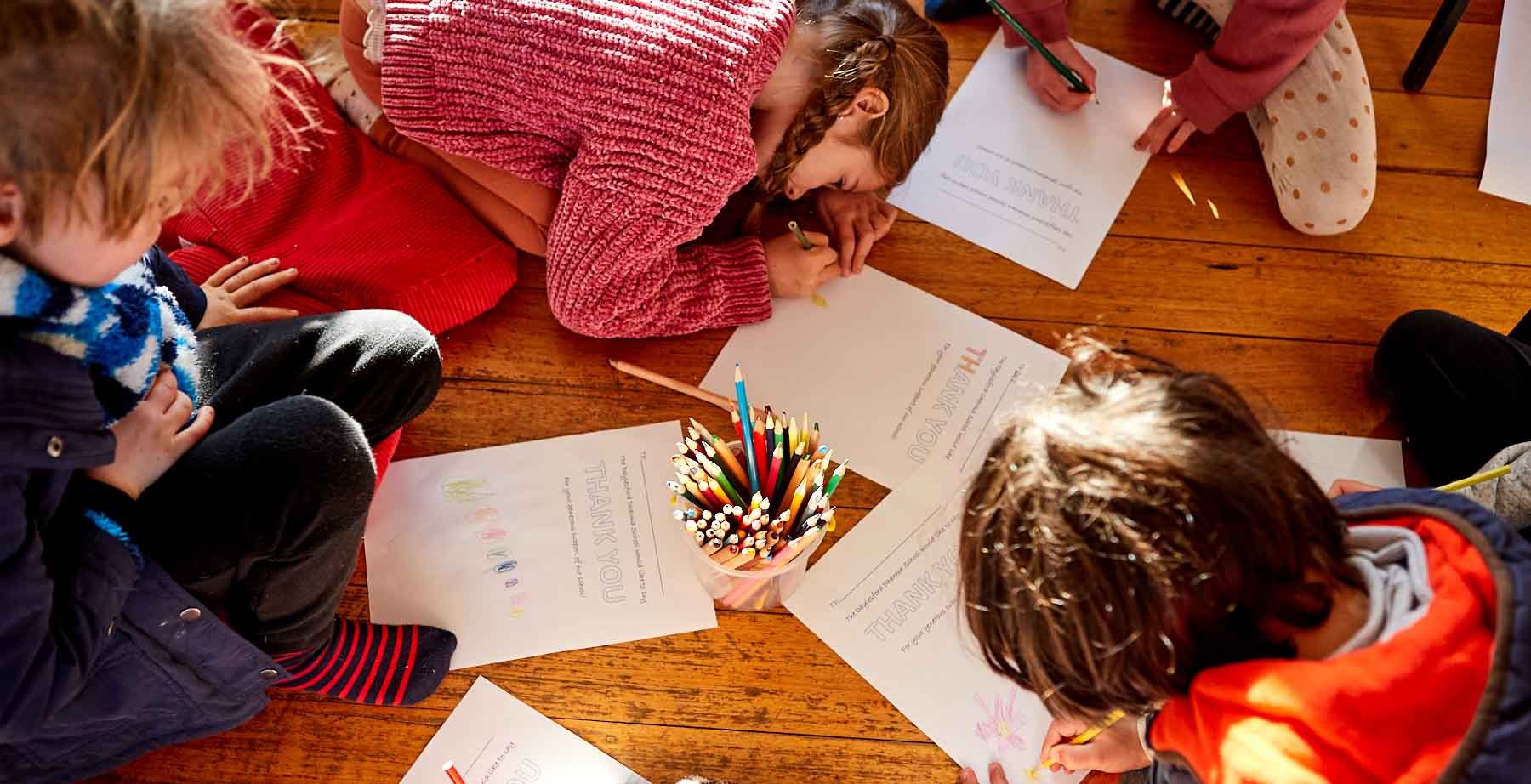
Awareness Program
A whole-school Awareness Programme based on Buddhist principles is integrated into the daily curriculum.
Our term themes underpin our yearly curriculum and are maintained each year in the same sequence to ensure student familiarity and a sense of continuity. We use these themes to guide our classes and focus on learning outcomes.
- Term one: Wellbeing
- Term two: Social Harmony
- Term three: Cultural Diversity
- Term four: Environmental Balance
Throughout the year subjects include:
Interdependence, Gratitude, Respect, Non-Harm, Honesty & Intent (Motivation), Mindfulness, Aspiration, Courage, Generosity, Positive/Thoughtful Speech, Universal Responsibility, Difference, Humility, Patience, Contentment, Delight, Forgiveness, Loyalty, Kindness, Deep Listening and Loving Speech, Reverence for Life, Loving Thoughts towards Self and Others.
Our Awareness Programme Activities include: Meditation, discussion, reading and writing stories, drawing, art and craft, model-making, music, song and dance, construction, and role play.
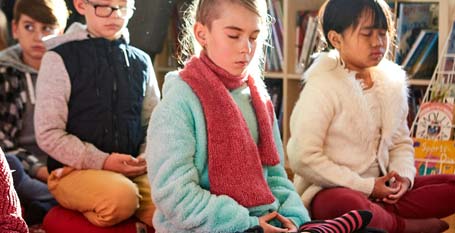
Meditation
As a Dharma school, meditation is foundational on our pathway to developing wisdom and compassion.
Research has shown many benefits to meditation practice for children. Some of these benefits include:
- Meditation helps students to become more focused, calm, quiet, settled and rested, by providing them with opportunities to learn to relax and reflect.
- Ten to 12 minutes of meditation also enhances positivity and creativity among students, by reducing restlessness, nervousness and irritation.
- The largest effects of meditation are experienced by those areas of the brain which are responsible for happiness and positive feelings.
We practice a range of meditation techniques including breath awareness, body-scan, loving-kindness, walking and chanting.
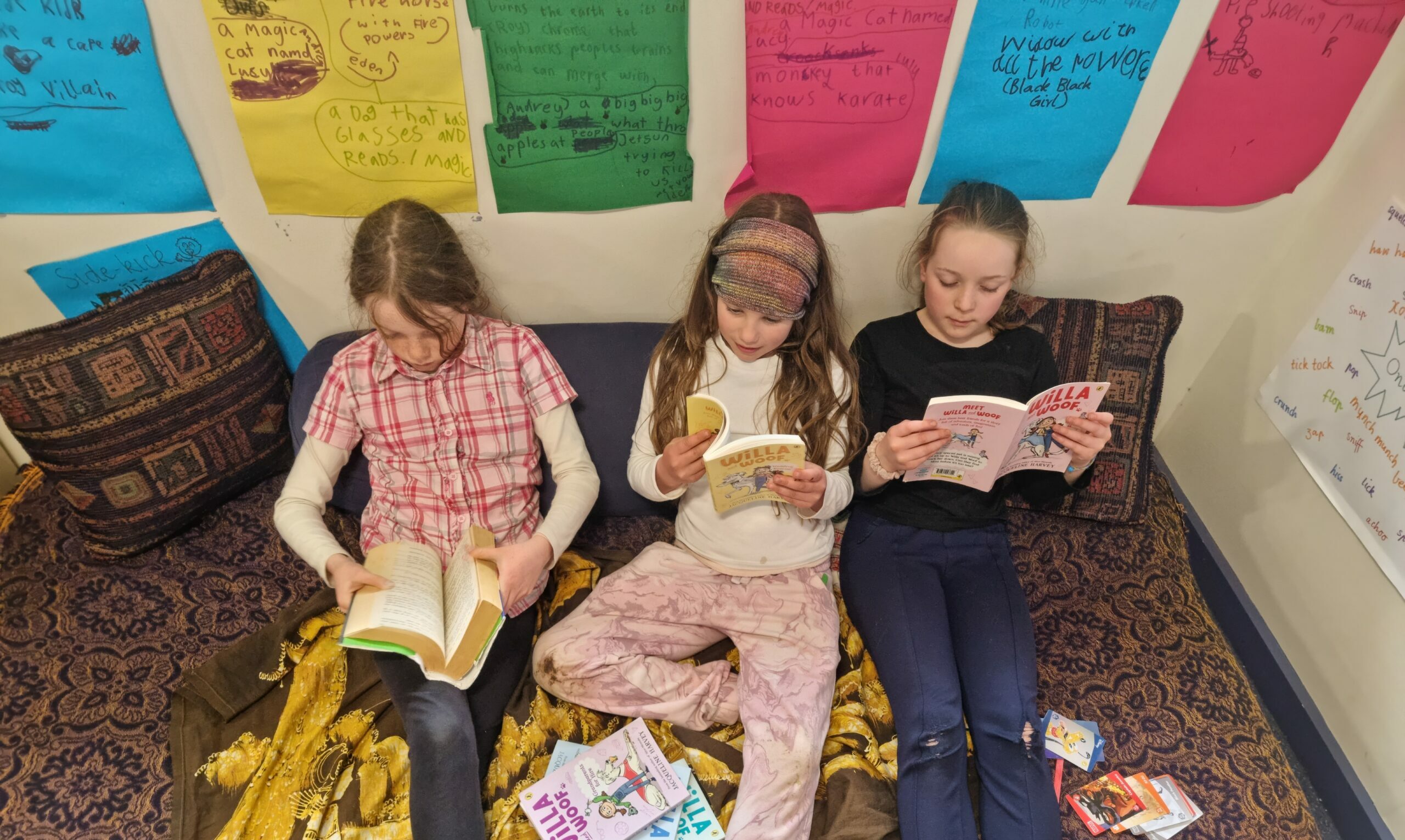
Noble Silence
Noble silence is an awareness practice that occurs after the lunch break to transition into our afternoon learning. Students slow their body and mind down and allow a quiet inner depth of awareness and concentration to emerge. They intentionally choose to paint, craft, read, write or draw to engage with awareness by themselves. Noble Silence time is deeply valued by our students as they choose to go within and immerse in this open-hearted way of being.
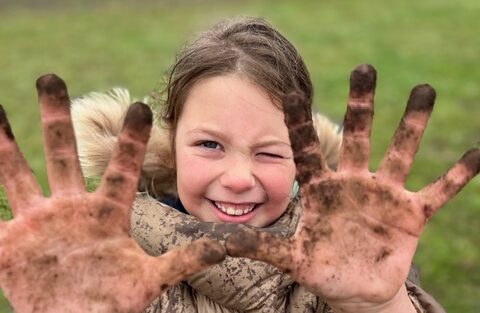
Karma Yoga
For 15 minutes every day, each class performs specific cleaning and maintenance tasks. This encourages the collective responsibility of caring for our spaces, practical skills development, and a co-operative spirit. Our intent is to instill in the children an experience of performing selfless actions for the good of others, with humility and understanding its connection to the bigger picture.
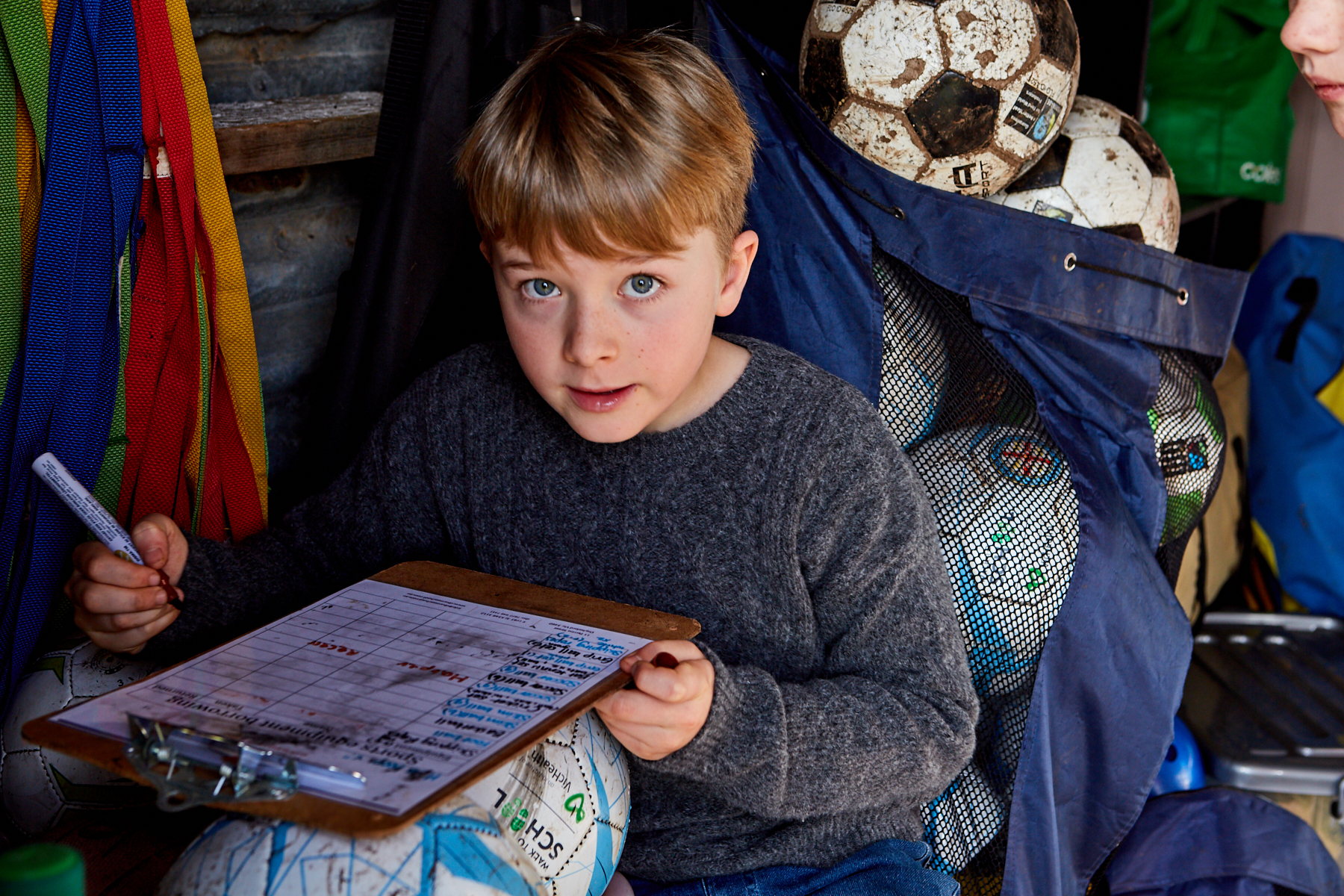
Compassionate Citizenship
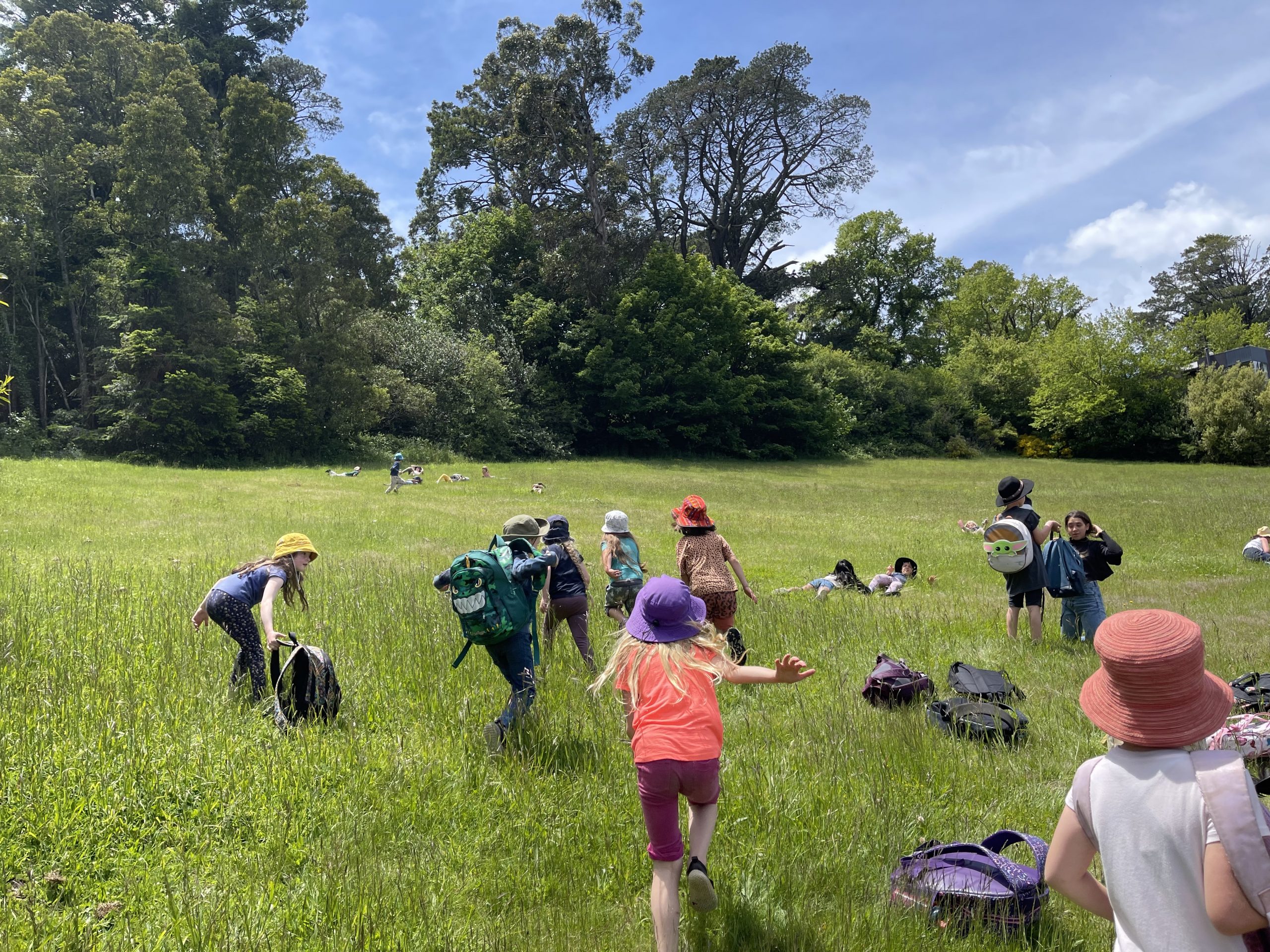
Bush School
Bush School is designed to provide regular one day immersions in nature within the local Hepburn Region. The learning that occurs is via experiential, place-based experiences that embed the environmental, cultural, social and historical aspects of local places. In these settings, it also provides a meaningful extension to the Awareness programme and our inquiries into Buddhist precepts and principles.
Research indicates there are many benefits for children taking part in nature based learning which include (adapted from Hughes, Elliot, Anderson & Chandler (2022)):
- The importance and value of connecting children with nature
- First Nations Peoples’ perspectives
- Advocacy for addressing climate change and sustainability
- Children’s agency
- Alignment with curriculum frameworks and learning outcomes across key learning areas
- Health and wellbeing aspect
Hughes, Elliot, Anderson & Chandler (2022), Early Years Learning in Australian Natural Environments
– His Holiness The Dalai Lama-
Classes
Wisdom Garden, Friends on The Path & Noble Guides.

Wisdom Garden
Wisdom Garden is the name given to our Foundation and Grade One class. Children in this class are given the space and a range of provocations to immerse and discover the world around them and get to know each other through a play based child centred program.
Well established as the vehicle in which children learn best, play allows children to learn holistically by engaging with peers and the environment in ways which are meaningful to them. At the Dharma School we use this child-centred, play-based approach for children in their early years, through which the Australian Curriculum and Australian Dharma Curriculum is embedded.

Friends on The Path
The Friends on the Path class comprises Grade 2, 3 and 4 students. Students in this cohort are nestled in the centre of the school. They are friends guiding younger students on the path of emotional, social and academic progress whilst developing the leadership qualities necessary as they progress into the senior years of primary school.
In the Friends on the Path class we use the Australian Curriculum which is built upon a Dharmic view. The Dharmic view provides students with the opportunity to work with whatever may be subjectively arising for them (desirable, undesirable or neutral). Through developing an openness to being as you are, students are well placed to successfully embrace the academic necessities to function in contemporary society.
Students are viewed as capable learners, who with the right tools are able to make wise choices in progressing their education in all facets of their life.
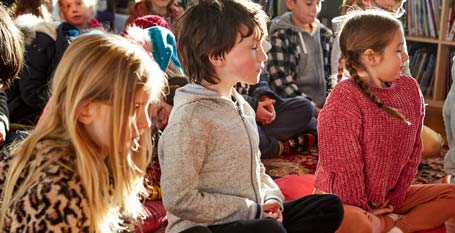
Noble Guides
Our Noble Guides class is indicative of the role our Grade 5/6 students play in our school and the way in which they are supported to develop leadership skills and become invaluable mentors in our community. Students take on meaningful responsibilities within the school and the wider community, enabling them to develop specific skill sets that are aligned with the students’ leadership aspirations.
In our Noble Guide classroom, we engage in project-based learning where our students are challenged to ask questions in thoughtful and provocative ways around an important theme or issue. These questions open up unique directions of inquiry that are led and directed by the students themselves. Students are encouraged to follow their interests and passions as they delve into concepts, tease out real-world implications, and continuously share back and reflect on their learning through supported peer-based feedback processes.
Throughout our project-based learning, our students engage in dynamic forms of problem solving, critical thinking and collaboration. These are all highly relevant skills for engaging with our world through purposeful action. Our curriculum areas are seamlessly integrated, rather than taught as separate components, and it is the teacher’s role to facilitate and assess these rich links across the curriculum.
